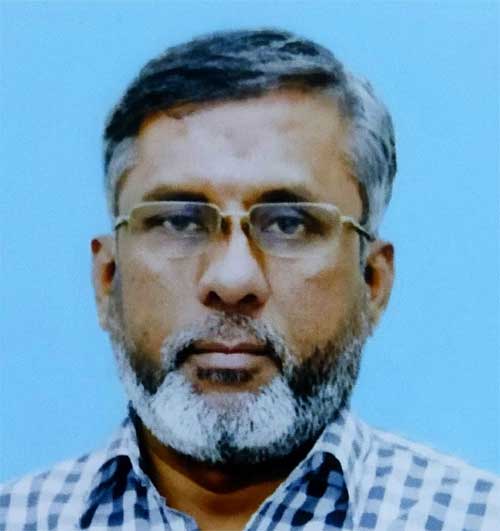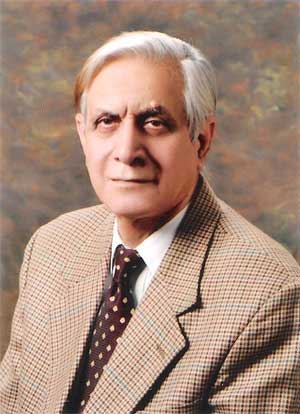Pakistan Independence Day, celebrated on the 14th of August every year, marks a significant moment in history when the South Asian nation gained freedom from British colonial rule. This day is not only a reminder of the sacrifices made by countless Muslims but also a celebration of the resilience and determination that led to the birth of a sovereign nation and delve into the history, significance, and modern-day celebrations of Pakistan Independence Day.
The struggle for Pakistan’s independence was a culmination of decades of activism, sacrifices, and visionary leadership. The All India Muslim League, led by Quaid-i-Azam Muhammad Ali Jinnah, played a pivotal role in demanding a separate homeland for Muslims of the Indian subcontinent. The Lahore Resolution of 1940 laid the foundation for the eventual creation of Pakistan. The clock struck midnight on August 14, 1947, signaling the end of British colonial rule and the birth of a new nation – Pakistan. The momentous occasion was met with jubilation and fervor as people across the country celebrated their newfound freedom.
The main event of Independence Day ceremony takes place in Islamabad where the national flag is hoisted at the President and Parliament buildings. It is followed by the national anthem and live televised speeches by leaders. The celebratory events and festivities for the day also include flag-raising ceremonies, parades, cultural events, and the playing of patriotic songs. The Messages of the President and the Prime Minister on Independence Day are delivered and published in the print media and telecast on electronic media. The Pakistan Independence Day events are also held in Pakistani Missions abroad where the messages of President and Prime Minister are read out. A number of award ceremonies are held in Islamabad and capitals of all provinces. Political leaders and dignitaries deliver speeches and addresses that reflect on the journey of the nation, pay tribute to the sacrifices of freedom fighters, and emphasize the importance of unity and progress.
The events are followed by the national anthem, which evokes a sense of patriotism and unity among the citizens. These events also showcase the country’s rich cultural heritage, traditional music, traditional dances, and artistic performances that reflect the diversity of the nation.
Streets, buildings, and public spaces are adorned with national flags, banners, and colorful lights. The illumination of iconic landmarks symbolizes the pride and joy associated with Pakistan’s independence. Many Pakistanis engage in community service and philanthropic activities on Independence Day, emphasizing the spirit of giving back to society and working towards a better future for all citizens.
Independence Day serves as a time of reflection, a moment to appreciate the progress made since 1947 and to recognize the challenges that lie ahead. It is a reminder of the need for unity, tolerance, and a shared vision for a prosperous Pakistan. Pakistan Independence Day is not just a public holiday; it is a day of deep significance that reflects the nation’s history, values, and aspirations. As Pakistanis come together to celebrate their freedom, they also reaffirm their commitment to building a progressive, inclusive, and harmonious society. The legacy of those who fought for independence lives on in the hearts of the people, inspiring them to continue working towards a brighter future for Pakistan.
Pakistan is our proud firstly we are Pakistani then more. Pakistan given us respect, honour, identity and it is time we must return Pakistan our firm believe in its foundations, our love and spirit of patriotism to uplift the bright image.
Pakistan Zindabad.




